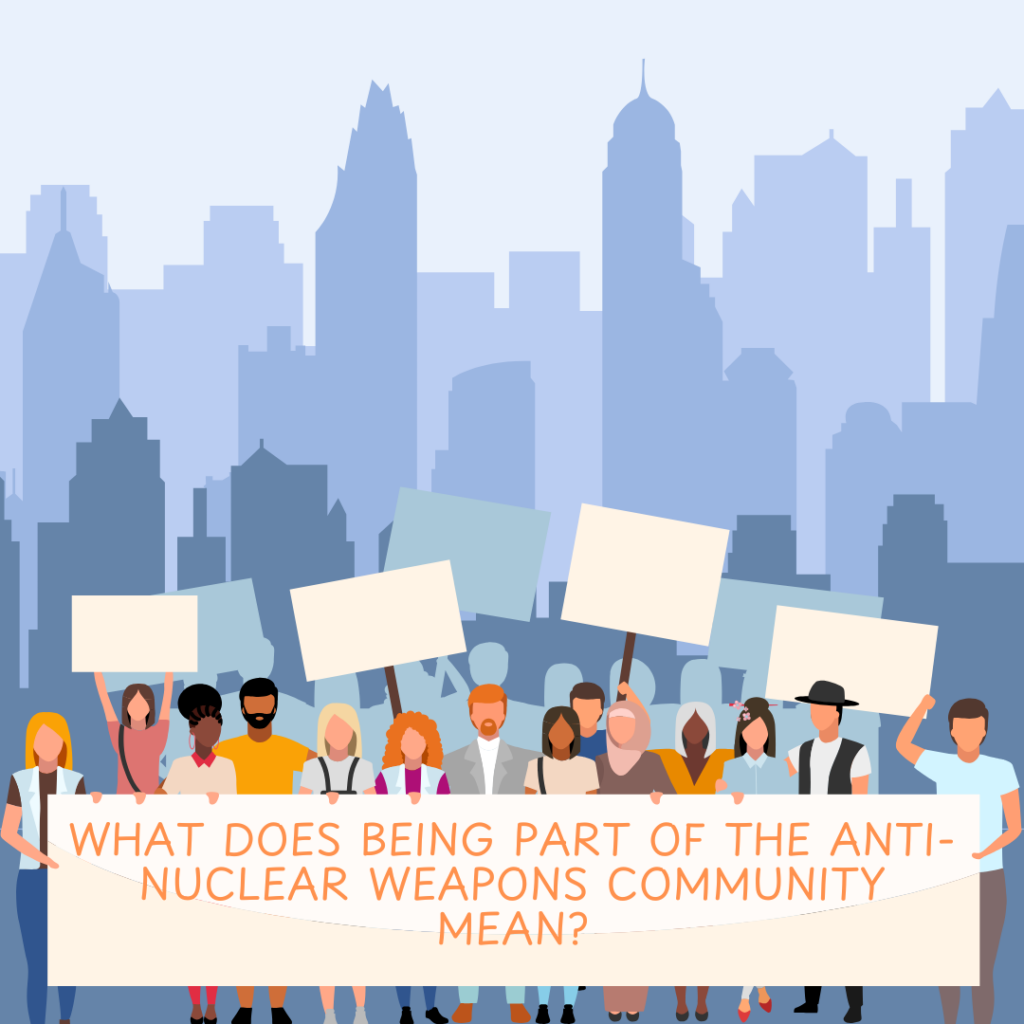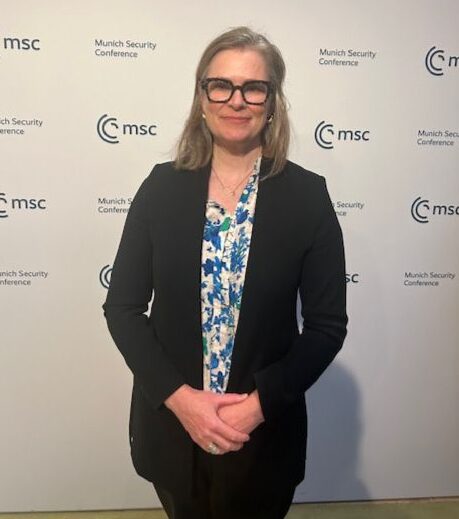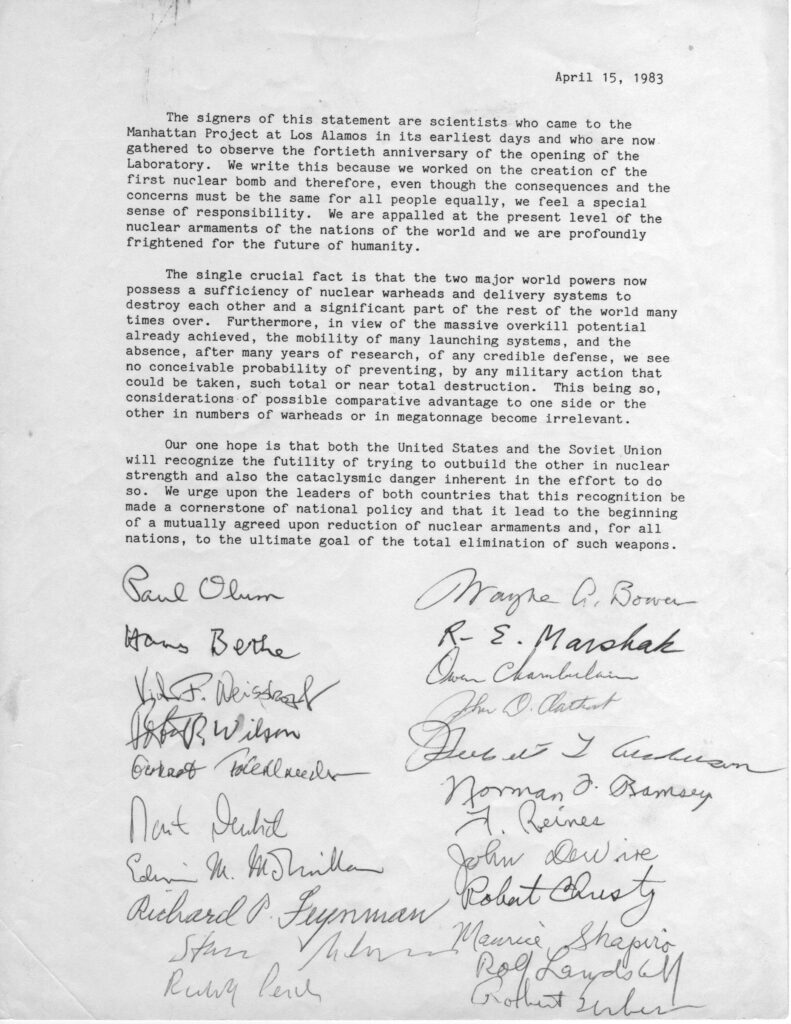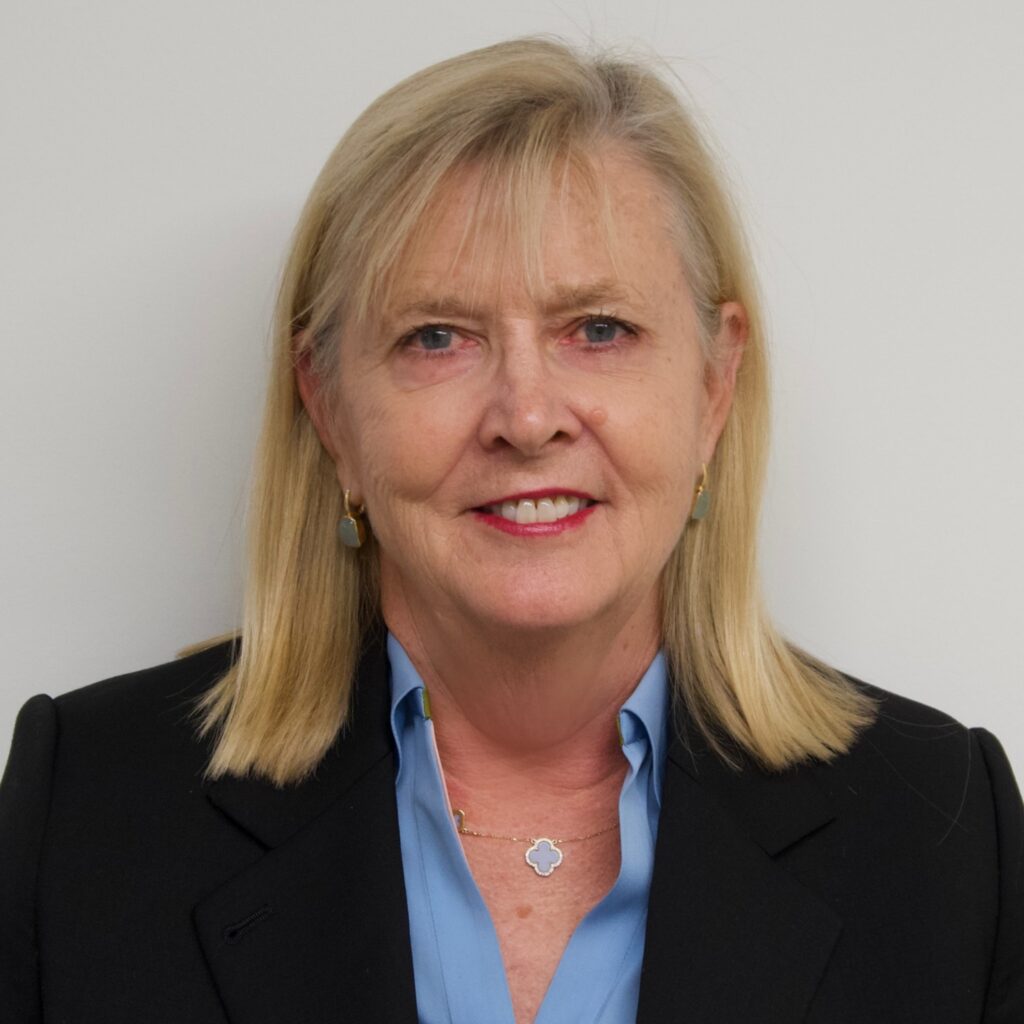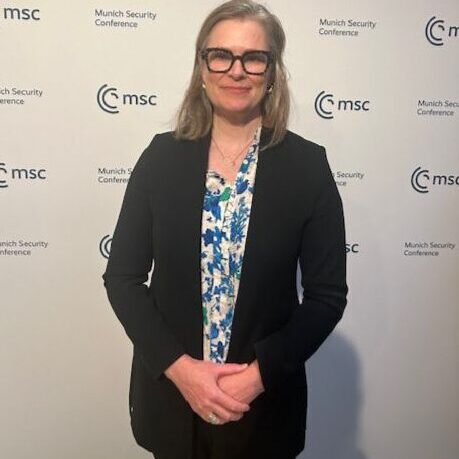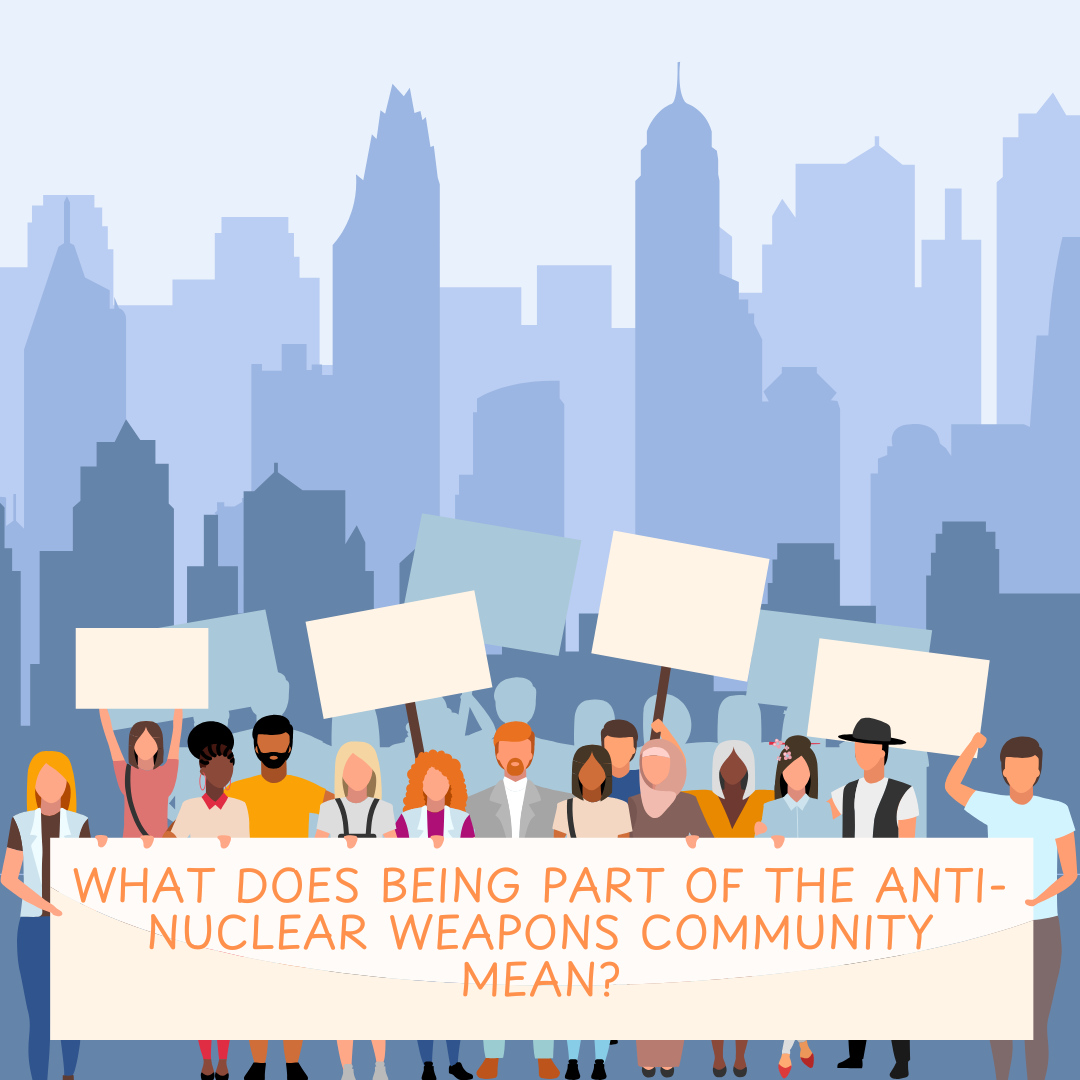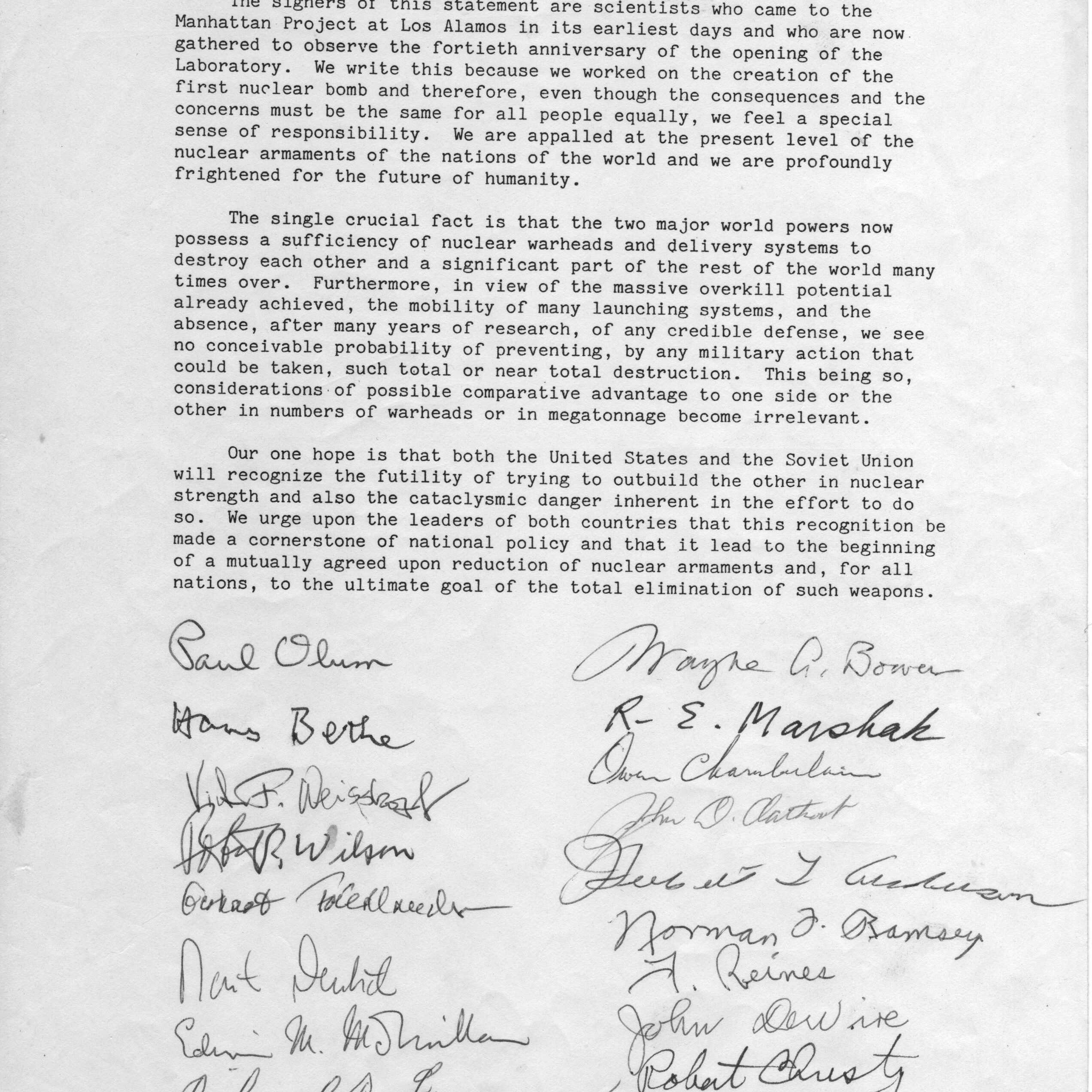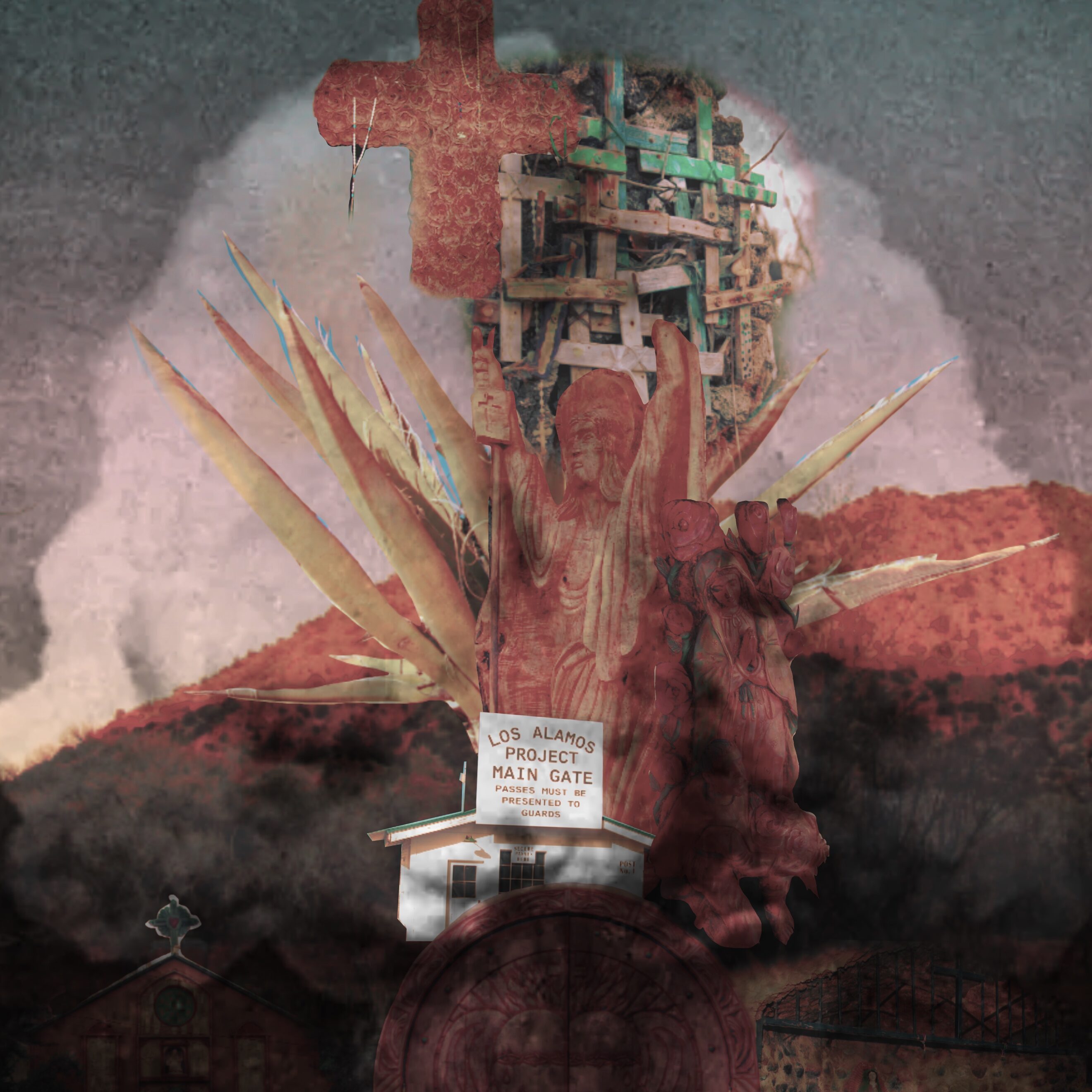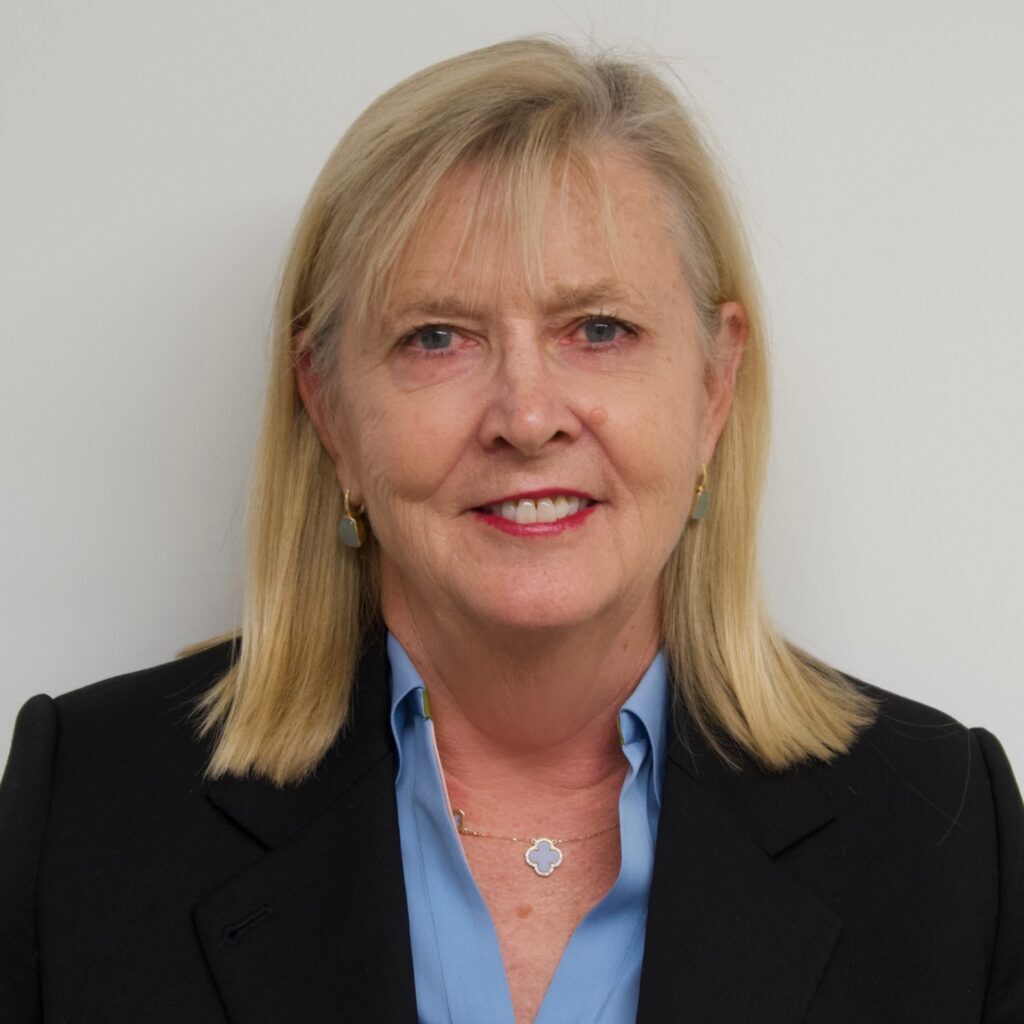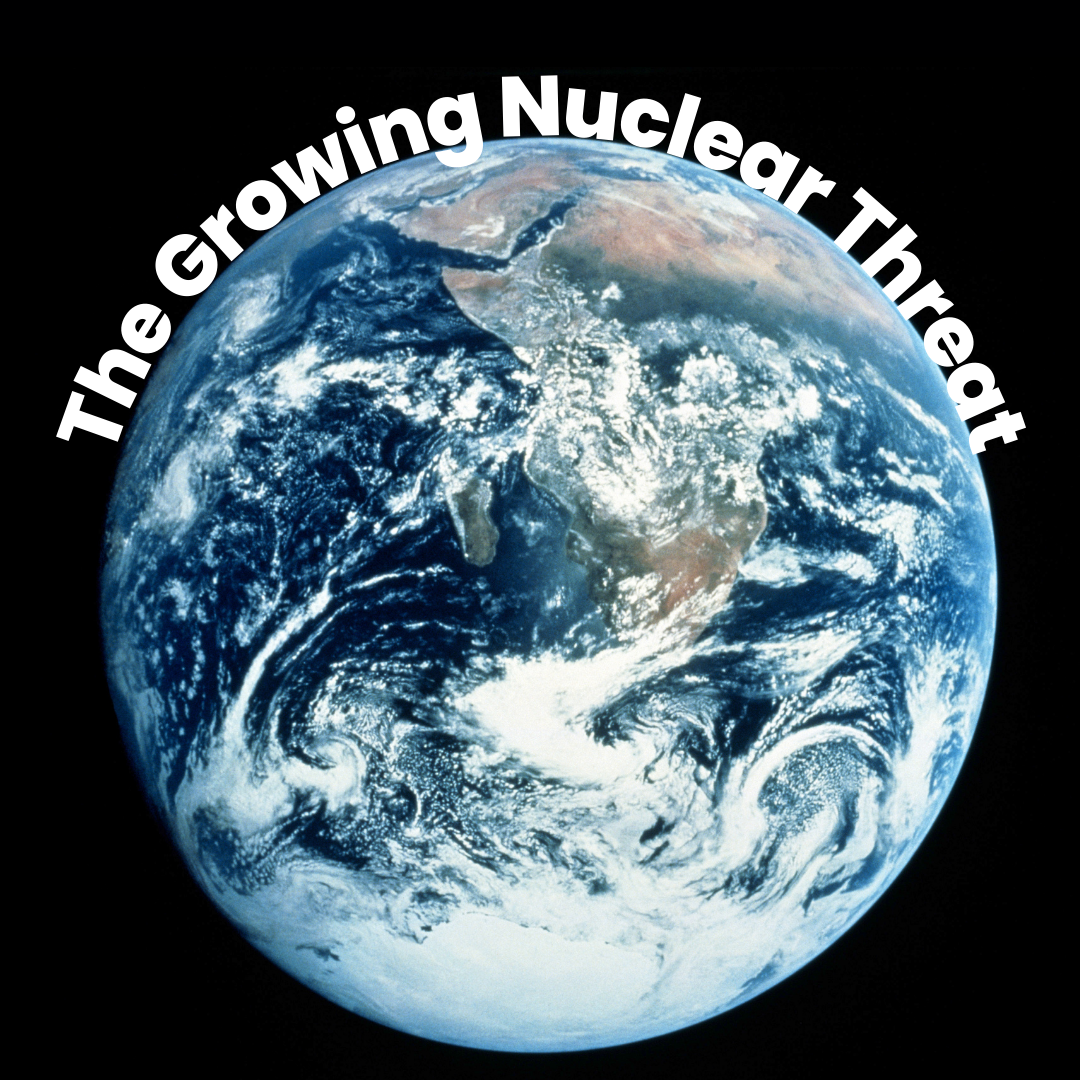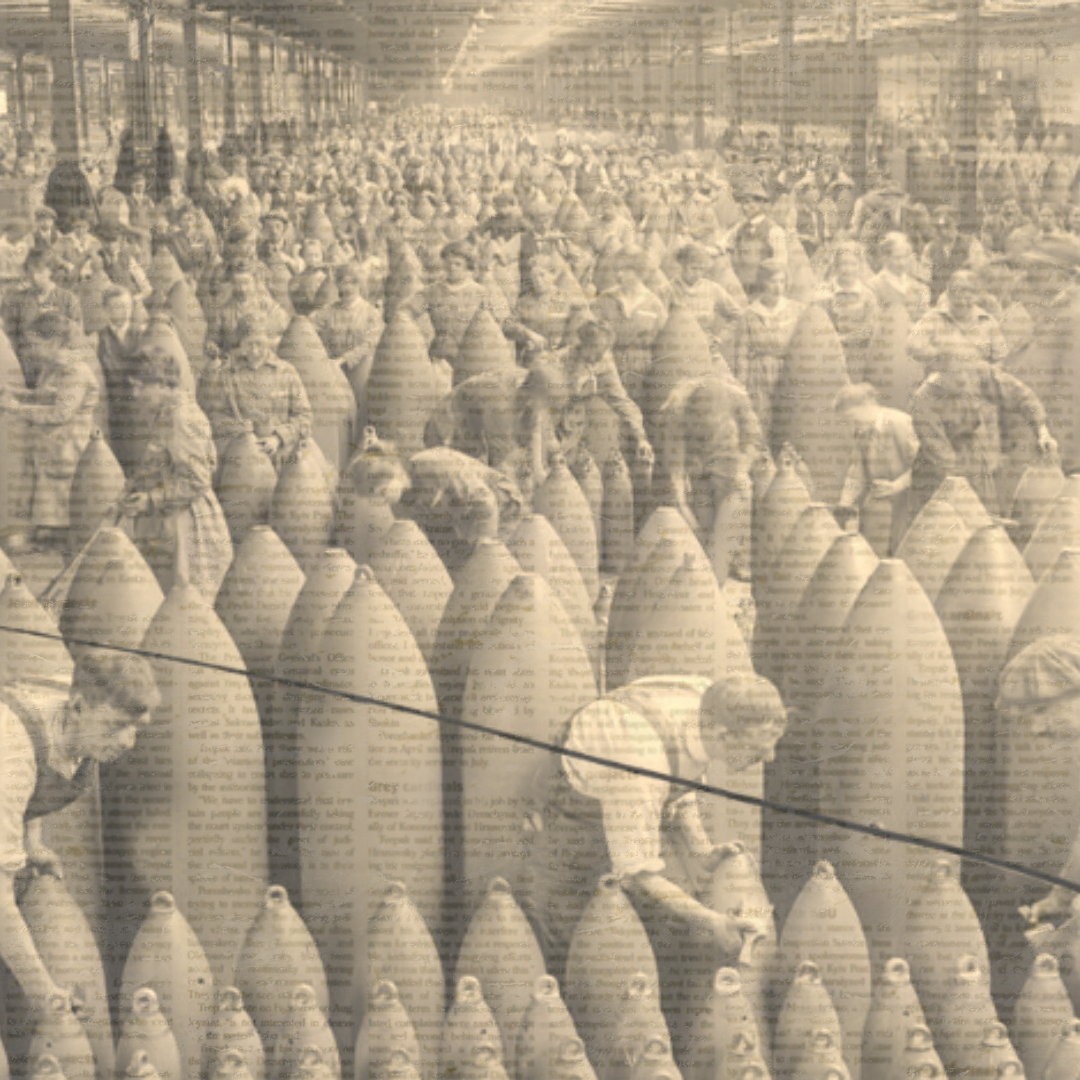Story Center
Current news and exciting stories highlighting the good, the bad, and the truth about nuclear weapons in the world.
The Big Story
What Does Being Part of the Anti-Nuclear Weapons Community Mean?
To be part of the anti-nuclear community today means not only opposing dangerous technologies but also working to build a movement that reflects the diversity of the world it seeks to protect. By welcoming all voices, we can create a truly inclusive, intersectional, and unstoppable force for change.
Please contact Charles Crosby at ccrosby@ploughshares.org for further information on any of these stories or to arrange for interviews.
